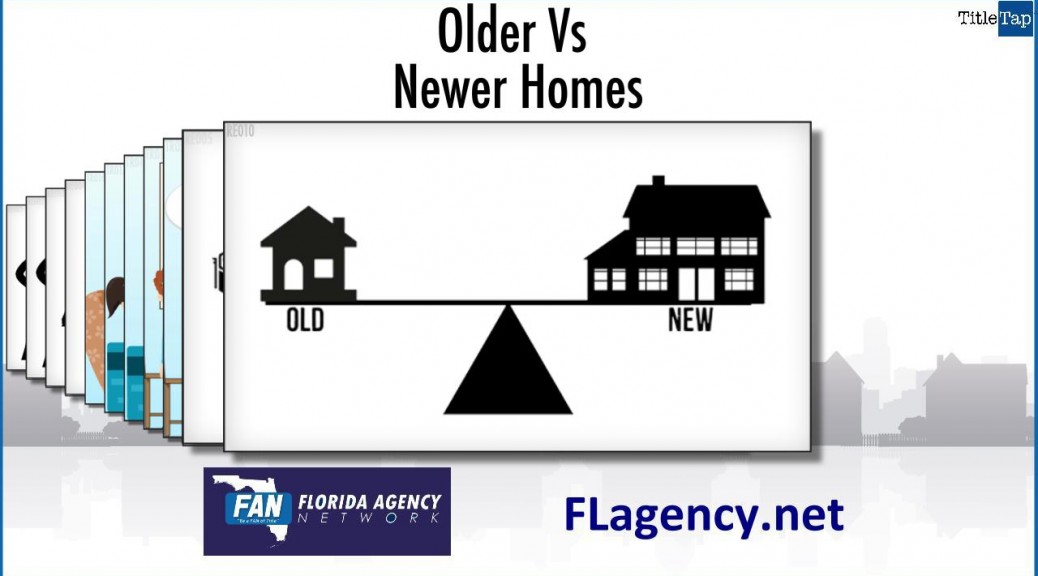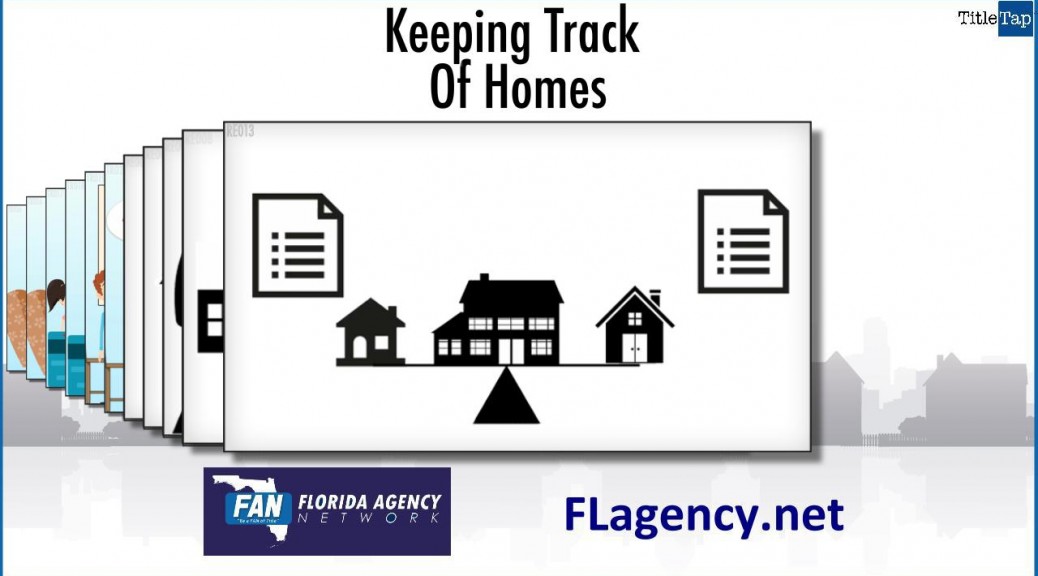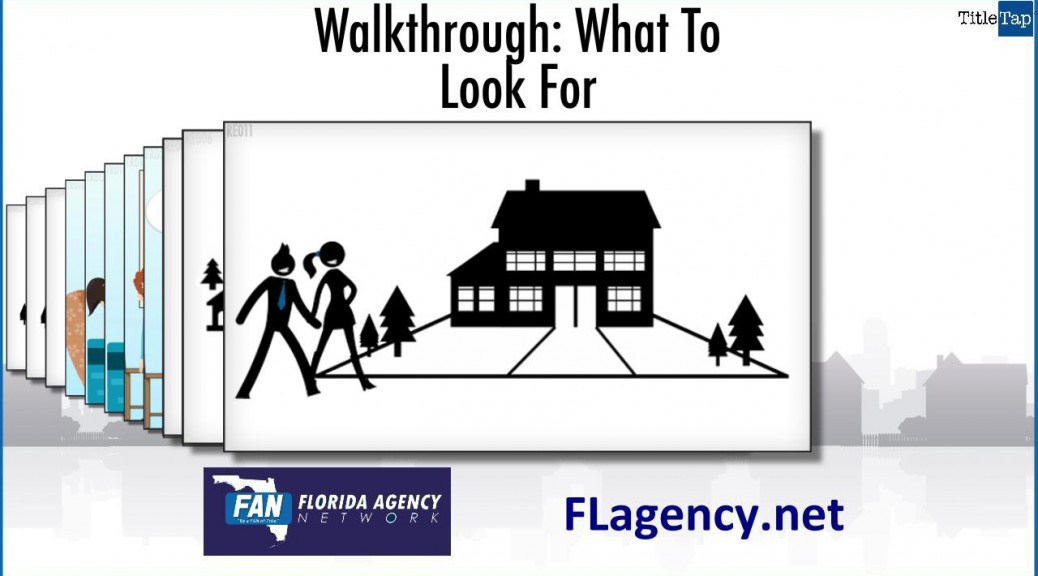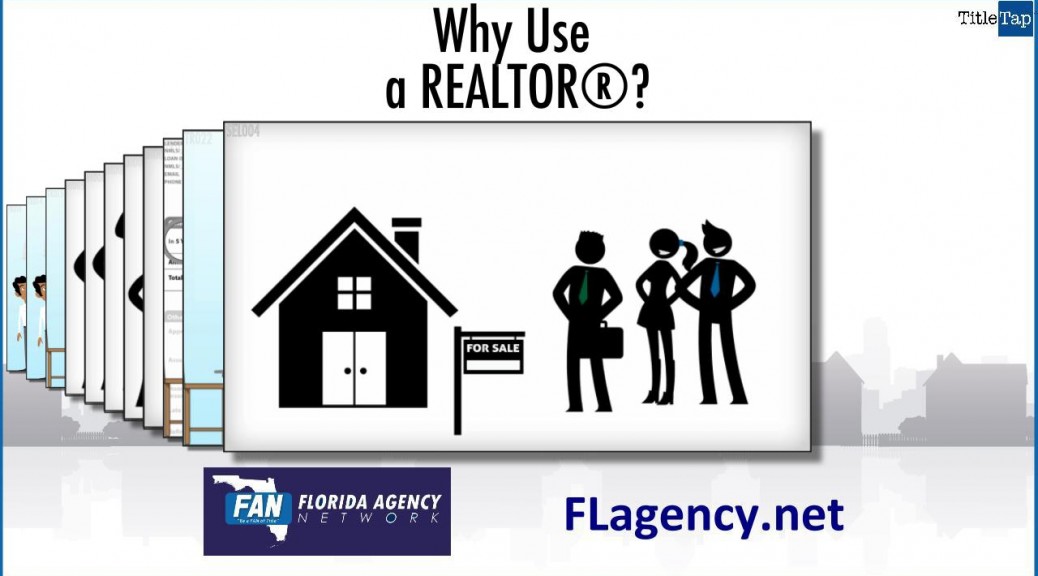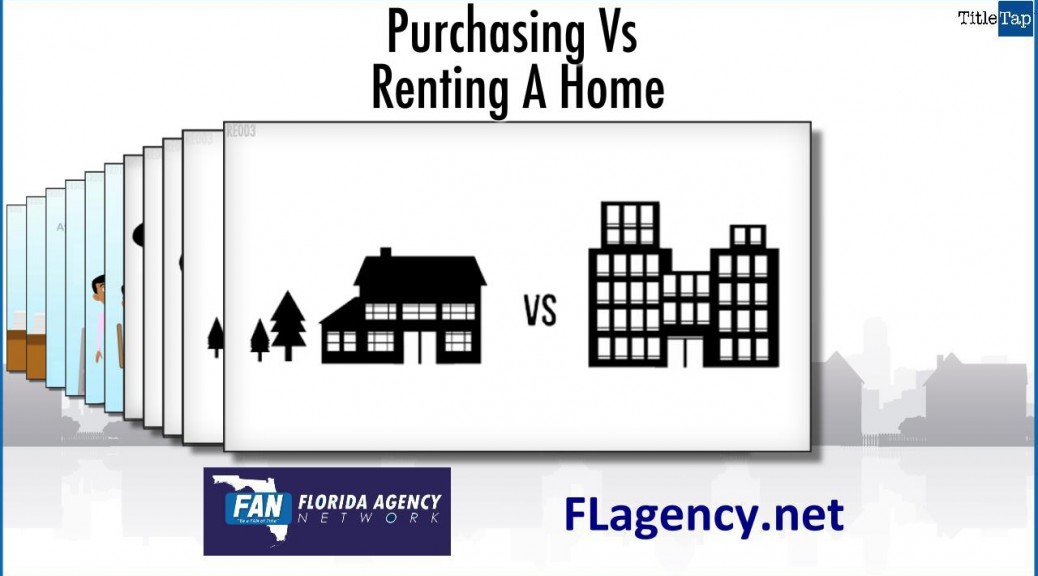http://fwd5.wistia.com/medias/riw1eu1vcp?embedType=iframe&videoFoam=true&videoWidth=640
Well, as this story shows, there isn’t a definitive answer to this question. You should look at each home for its individual characteristics.
Generally, older homes may be in more established neighborhoods offer more ambiance and have lower property tax rates. People who buy older homes, however shouldn’t mind maintaining their home and making some repairs.
Newer homes tend to use more modern architecture and systems are usually easier to maintain and may be more energy-efficient. People who buy new homes often don’t want to worry initially about upkeep and repairs.

